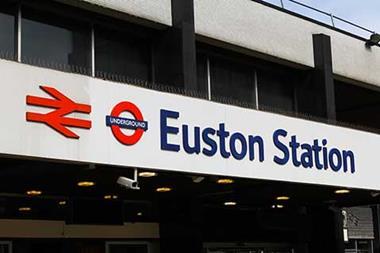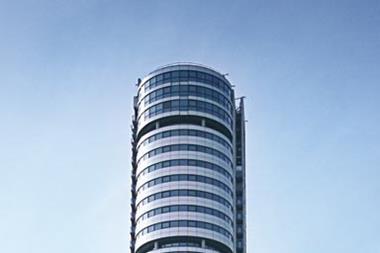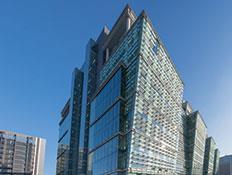High Speed 2: the name is impressive, but in the highly contentious debate about a new rail link between the north and the south, somewhat unhelpful.
To my mind, the greatest opportunity that HS2 brings is that of economic growth and regeneration.
The UK needs greater connectivity between its cities. It needs to spread growth more evenly and it needs an interconnected 21st-century rail network that can take pressure off its roads. Speed is simply one of many benefits.
The more important factor is the need for further capacity. Roughly speaking, the capacity of the rail system has increased by just over a quarter in the past 20 years, but the number of rail journeys has more than doubled.
Post-recession, London’s economy is forging ahead but we need to act on opportunities to extend growth throughout the country. HS2 is the coat-tails by which other cities can quickly benefit — and over the longer term,
a means for significantly expanded regional economies.
HS2 isn’t all about enabling those in Manchester, Birmingham and Leeds to work in London. It is also about the opportunity to make these cities an attractive base for jobs and investment. The relocation of the BBC to Salford shows that the north can successfully provide a home to our treasured organisations. But the transition from London to Manchester would have been smoother (and is more likely to be replicated by others) with improved transport links.
Whether on a local or international level, it is an undisputed fact that efficient transport links are the successful foundation of any neighbourhood, town or city. The impact on property values is immediate — even coming before the transport links are in place — and with that, the upwards spiral of economic regeneration is in place.
HS2 will drive interconnectivity between Birmingham, Manchester and London, reducing psychological distances at the same time as journey times. Perhaps more significantly, however, it makes for a more realistic base for more sustainable long-haul travel.
Stuart Robinson is executive director and chairman of planning at CBRE






























No comments yet